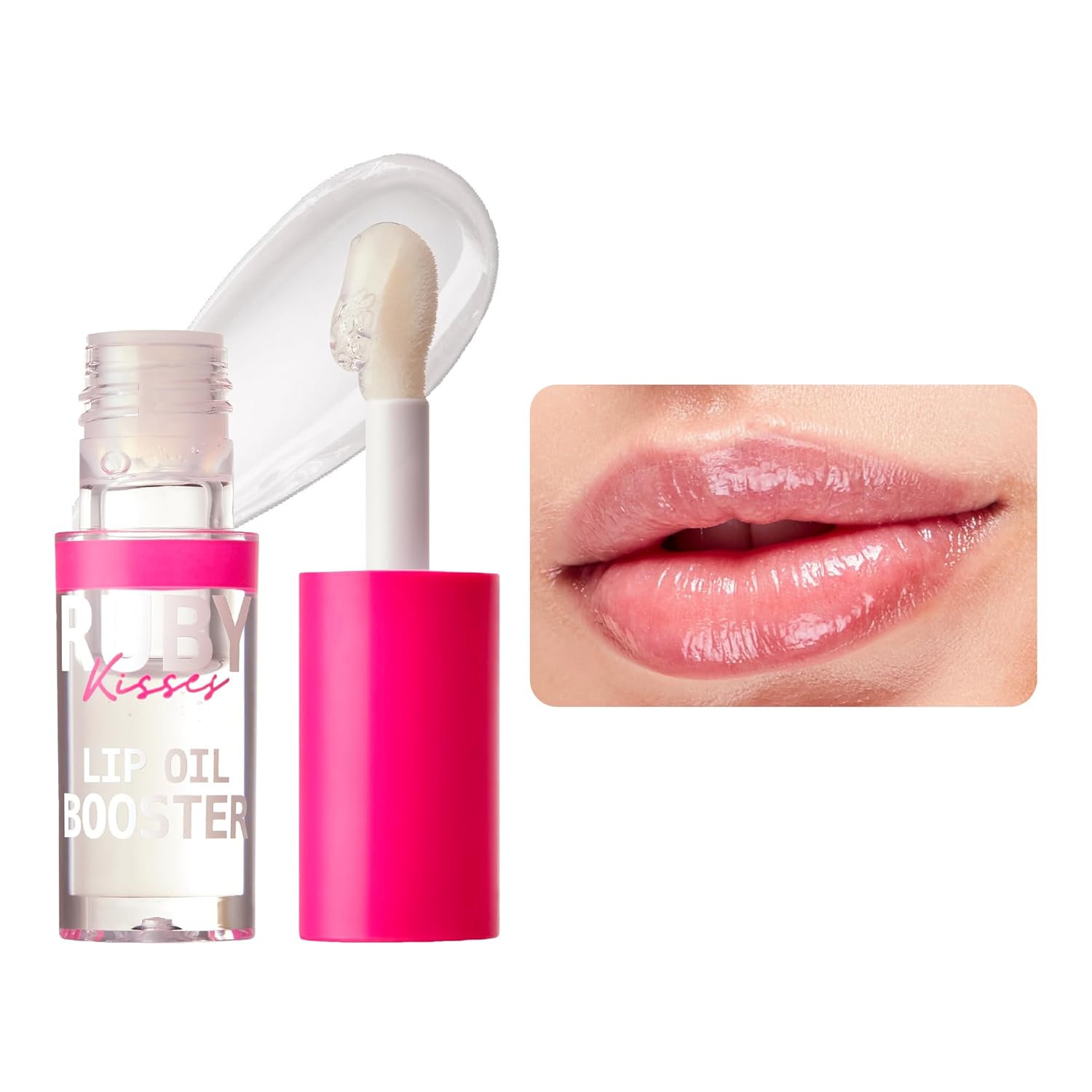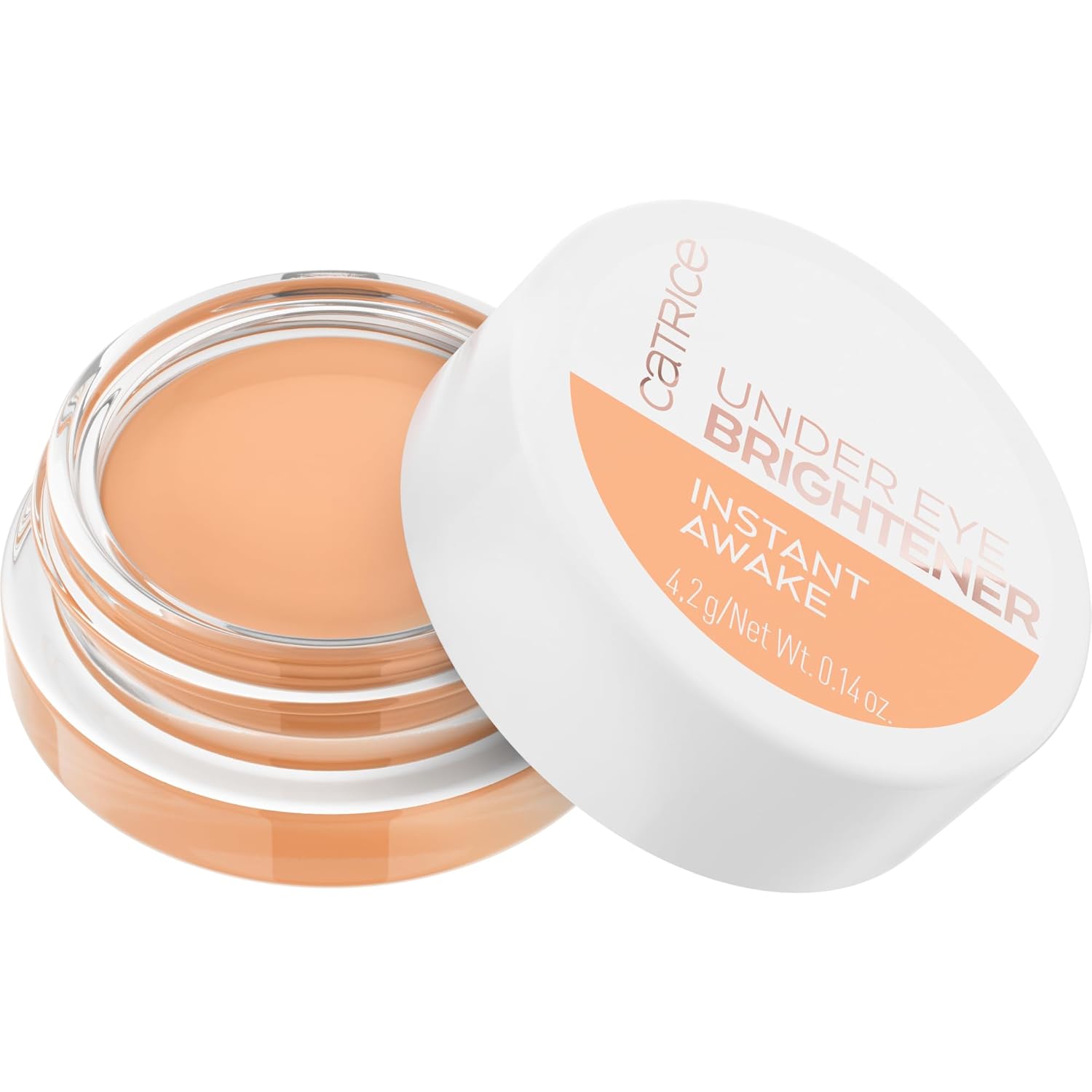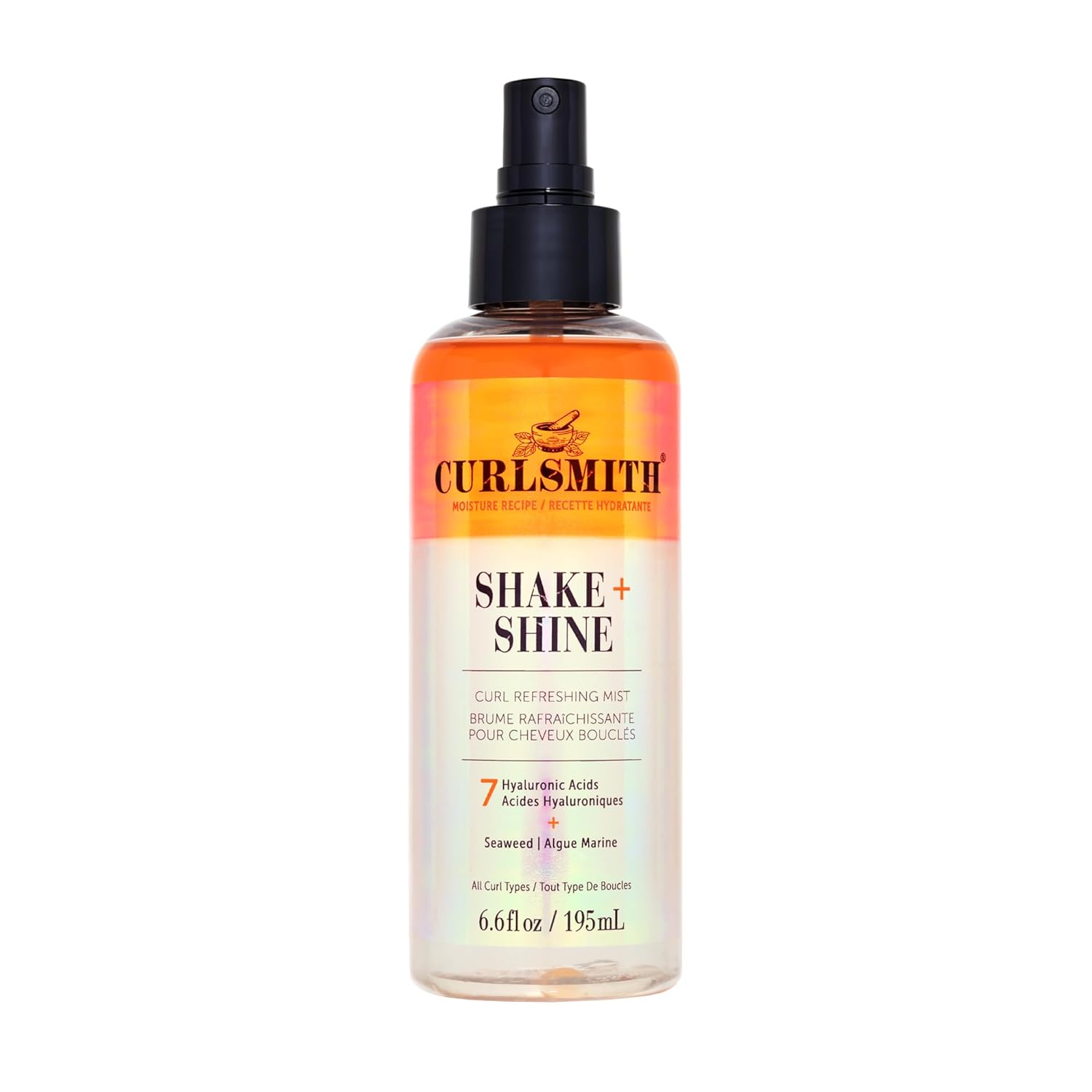
Genetics, stress, diet, nutrition, medical complications, and environmental problems can influence hair loss. Loss of hair may also be the result of improper use of chemicals or styling techniques. The only way to be sure about what is causing your hair loss is to see a dermatologist or trichologist who can examine your problem and diagnose it. Here are some common causes of hair loss.
Traction alopecia
The most common hair loss is traction alopecia. Traction alopecia can cause follicles to close permanently. Once the follicles are closed, your hair cannot grow back in that area on the scalp. The scalp will look shiny in a severe case of traction alopecia and if hair is present, the hair will be shorter than the rest of your hair and sometimes can be very fine in texture.
Common areas of the scalp affected by traction alopecia will be the hairline, nape and crown of the head. This type of hair loss is caused by wearing excessively tight hairstyles, such as braids, cornrows, extensions, twist and any other style with or without hair added that adds excessive weight or tension to the scalp.
Wearing these styles can be done without causing traction alopecia if you go to a licensed professional that is trained to do the service without causing damage to the scalp. The specialist will also give you pointers on best care practices for your scalp and the length of time the style can stay in your hair. The stylist will also be able to recommend the best technique for you based on your lifestyle or if you have a pre-existing scalp condition.
Medication
Can your medication trigger hair loss? The answer is yes, but according to philipkingsley.com, “If you are prescribed a drug that lists hair loss as a possible side effect, please don’t panic. It may only have a slight effect on hair fall, and also may only affect a small percentage of people in this way. The list of drugs that can impact your scalp are vast due to reports being received over a long period of time, and also the fact that all reported instances of hair loss need to be supplied to the consumer. If you are concerned that a prescription medication is causing hair loss, talk to your GP and a trichologist. The exceptions to this are medications given in very strong doses, or chemotherapy used in the treatment of cancer.”
Philipkingsley says, “Drugs used to treat cardiovascular diseases, such as hypertension, and to lipid (fats and cholesterol”> regulators can potentially cause extra hair shedding, they do not do so in everyone. Although the percentage of hair loss from many drugs is very small, it’s a factor to consider if you begin to lose your hair after starting a new medication. However, it’s important to realize that increased hair shedding usually occurs between 6 weeks and 3 months after starting a course of medication.”
Diffuse hair loss







When you start to notice that your hair is lot thinner in appearance all around the scalp, this could be a sign of an imbalance within the body. This type of hair loss is called diffuse hair loss or telogen effluvium. Your hair follicles do not close permanently and the hair loss can be corrected once the problem inside the body is treated or corrects itself. For example, some women experience excessive hair fall after pregnancy, known as post-partum hair loss. During pregnancy there are high levels of the hormone estrogen that promote hair growth. This happens because there are signals in the body that tell the hair follicles to stay in the anagen hair growth phase. About three months after pregnancy, in a result of the hormone levels going back to normal, the hair that grew in excess starts to shed. The hair loss takes about 3 to 4 months to stop by itself. The effects of pregnancy on hair vary based on the individual, because hormonal changes affect people in different ways.
Nutrition and hair loss
Nutrition plays a major role in one of the causes of hair loss. Philipkingsley.com notes that, “Hair is incredibly sensitive to internal organs. Your hair is the second fastest growing cell in your body, the fastest being your intestinal cells. However, unlike your intestines, hair is a non-essential tissue. Psychologically it is very important, but physically, you could easily survive without it. Your metabolism doesn’t prioritize your hairs needs, but instead aims to keep your essential tissues functioning first and foremost. This means your hair is usually the first to suffer from any bodily upset, and also the last to benefit from an improvement.”
Simply put, your hair is not an important tissue, so your body will not place the hair’s nutritional needs at the top of the list to address or fix. Make sure you are getting a balance of minerals, vitamins, proteins and complex carbohydrates to help hair cells to work at their best.








